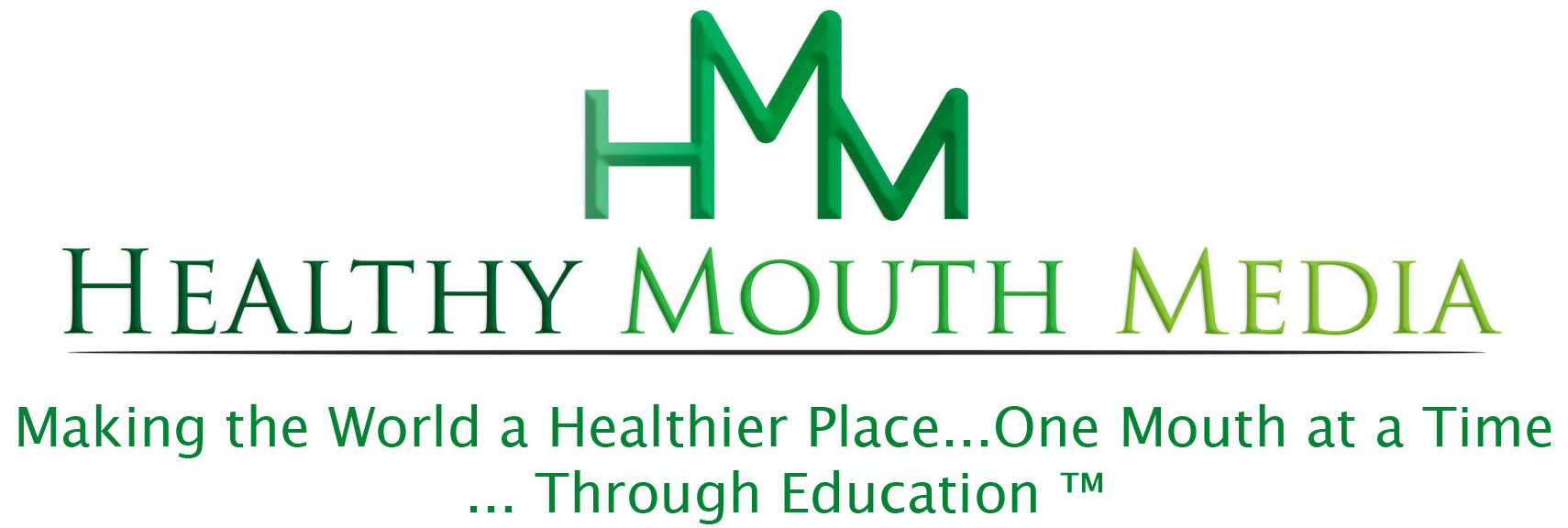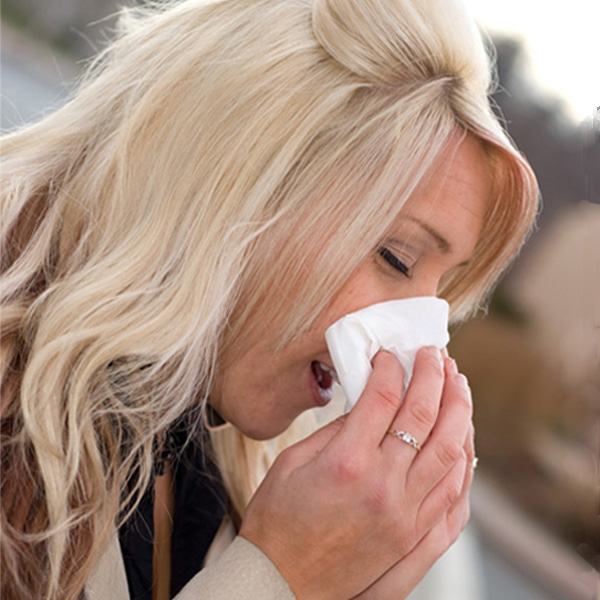There is a lot of force behind a sneeze, which can travel at anywhere from 10 to 100 mph. That’s why you never want to try to stop a sneeze, especially by holding your nose and closing your mouth. The pressure is sufficient to rupture an eardrum because the air from the lungs is forced into your Eustachian tube (a small opening connecting your throat to your ear). You also run the risk of damaging your diaphragm, rupturing one of the small blood vessels in the white of your eye, and possibly even trigger a brain aneurysm. (1)
In England, one unfortunate sneeze suppressor actually ripped a hole in his esophagus when the pressure of the sneeze had no outlet through his nose or mouth. He spent 2 weeks in the hospital. (1)
- Your eyes are always closed when you sneeze
- Some people (about 25% of the population) sneeze when exposed to bright light. It’s called a “ohotic sneeze reflex”
- The human nose produces between 1-2 pints of mucus a day – the majority of which you swallow.
- Thomas Edison used his early movie camera (kinetoscope) to film and study sneezes. “Fred Ott’s Sneeze” by Thomas Edison was the first motion picture to be copyrighted in the United States.
- Your heart does not stop when you sneeze.
- Your eyes will not pop out of your head (closing your eyes is just a natural reflex)
- And, my grandmother’s favorite, if you sneeze, someone is thinking of you
How to handle a sneeze hygienically:
- Cover your mouth and nose with a tissue then throw it away.
- If you don’t have a tissue, cough or sneeze into your upper sleeve or elbow, not into your hands.
- Wash you hands after coughing or sneezing so you don’t spread germs!
- Don’t touch objects until after you wash your hands
- Don’t touch your face if you may have touched something that was contaminated by someone else
- Don’t have water handy? Carry a small bottle of hand sanitizer (at least 60% alcohol) and use it after sneezing or coughing
- Don’t be around people who are sick. OK, if you have school-aged kids this is pretty much an impossibility, but do the best you can to keep washing those hands!
- Don’t go to work, or send your kids to school, if you, or they, are sick. You are just helping to spread those germs around.
References:
http://press.psprings.co.uk/bcr/january/bcr218906.pdf
https://www.livescience.com/32776-is-it-safe-to-hold-in-a-sneeze.html
https://www.cdc.gov/healthywater/hygiene/etiquette/coughing_sneezing.html


Is passing sneezing from the mouth dangerous